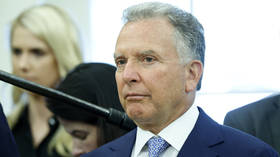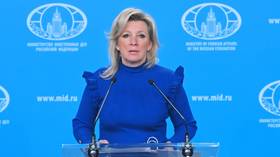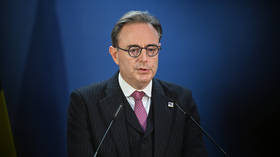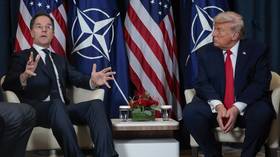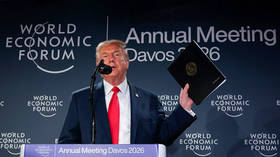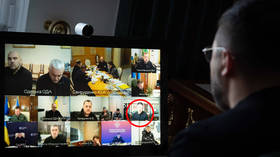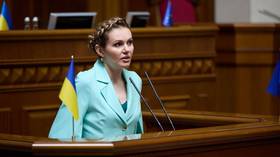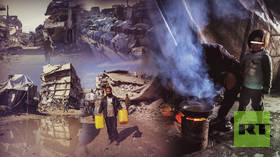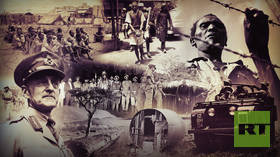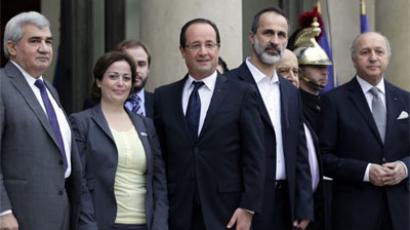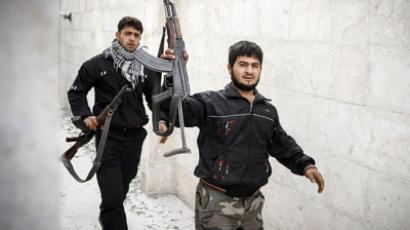Britain recognizes Syrian opposition coalition as sole legitimate reps of Syrian people
The UK has officially recognized the Syrian Opposition Coalition, promising financial assistance to them and pledging to put more pressure on Assad's government.
The UK Foreign Secretary William Hague said that his country is increasing humanitarian assistance to Syria as the crisis deepens and winter approaches. He announced a £1 million package of communications support, "which could for instance include mobile internet hubs and satellite phones to improve the Coalition’s ability to communicate inside Syria."According to Laura Smith, RT’s correspondent in London, the communications support promised will include Internet hubs and satellite phones, to enable the opposition to communicate when they are in the field.“But of course when we say the field, what we mean is the battle field. So people will be worried about what this communications equipment will be used for. And they will be saying how you use communications in the field is to essentially to more effectively target bombs and other ammunition,” she said.Hague has also pledged another package of humanitarian assistance, that would amount to £2 million. The UK has so far contributed £53.5 million in humanitarian assistance which has been distributed through international agencies such as the World Food Programme and UN Refugee Agency. Britain is appealing to other members of the international community to give more money to the Syrian opposition. The critics say, though, that the new British aid package is by no means humanitarian.“These [£1 million] are meant for military use – they’re part of weaponizing the opposition in Syria. That will be the direction in which they would like to go, but were worried about going because they haven’t been able to have a reliable recipient for those weapons before now,” John Rees from the Stop the War coalition told RT.The Foreign Office also tweeted that the UK will invite the new Syrian Opposition Coalition to appoint a political representative to the UK, even while factions in the disparate Syrian rebels refused to recognize the Coalition. Hague said that the UK will renew efforts to persuade Russia and China "to work with us at the United Nations Security Council". He added that the UK will not rule out any option in accordance with international law that might save innocent lives in Syria."We will continue to increase the pressure on Assad and those who support him through EU sanctions," he said, adding that they would work with Syria's neighbors to mitigate the effects of the crisis.He said that a Stabilization Force will be deployed to the region to work with the Coalition in Syria.However, as Britain and other Western countries recognize the Syrian National Coalition, which was formed in Qatar a few weeks ago, there are doubts about how much support it can muster in Syria itself. The split in the Syrian rebel camp between various factions based outside Syria, more moderate domestic opposition groups, the Free Syrian Army fighting against Assad on the ground and the Islamic cells have raised doubts that unified action is possible within the Syrian opposition. Islamist groups operating in Syria have rejected the Coalition and have unitarily declared the city of Aleppo an Islamic state. Members from 13 Islamic groups released a video where they branded the Coalition a Western tool.With many Syrian groups opposed to the idea of Western intervention, including a large number of ordinary Syrians in the opposition, the legitimacy of the opposition government is highly questionable, John Rees argued. “One reason why it won’t be a legitimate government, is because of the role that the West is playing. The danger is, as we saw in Iraq and in other places, that unrepresentative groups, once they get the support of the West, can come to dominate larger numbers of people on the ground,” the anti-war activist told RT.


